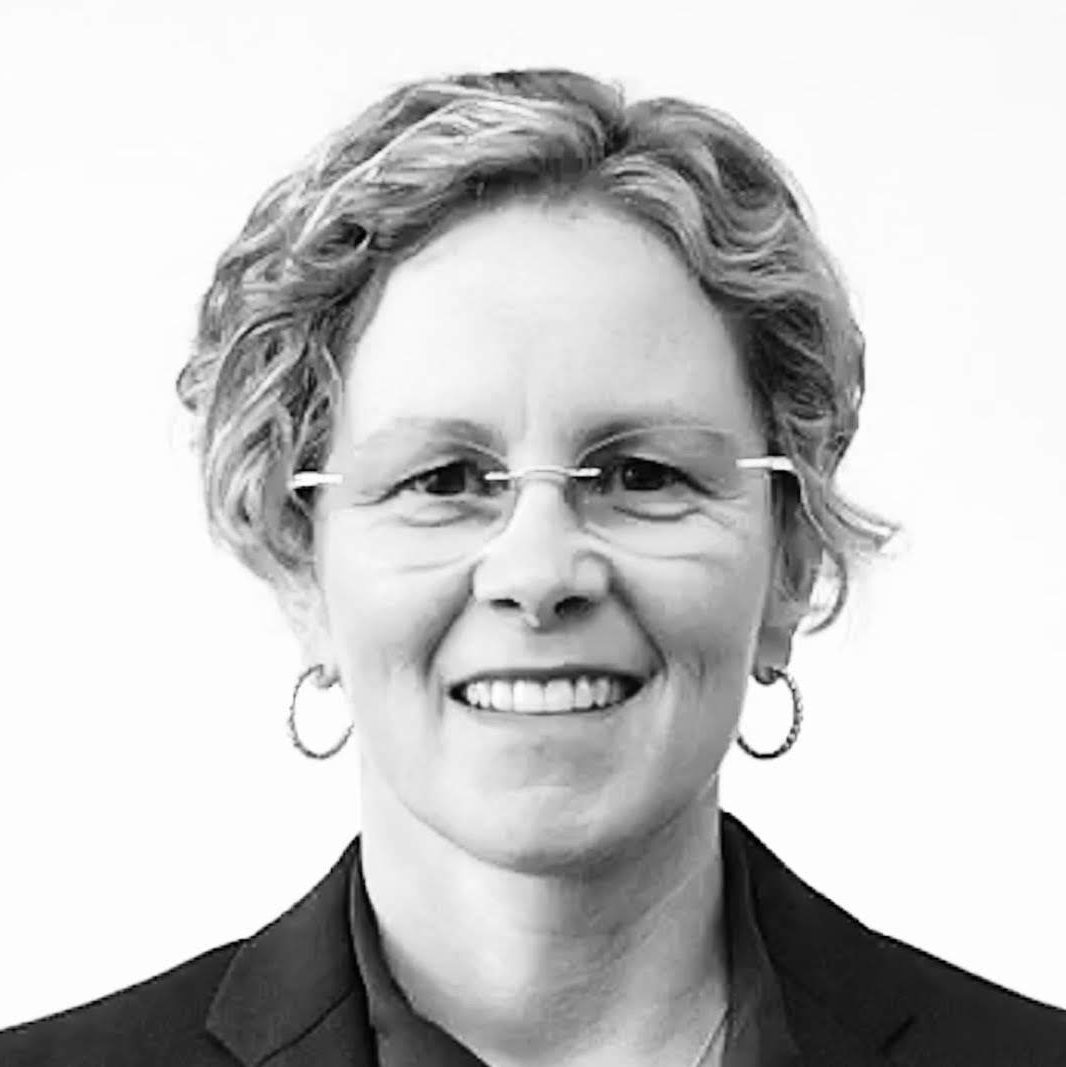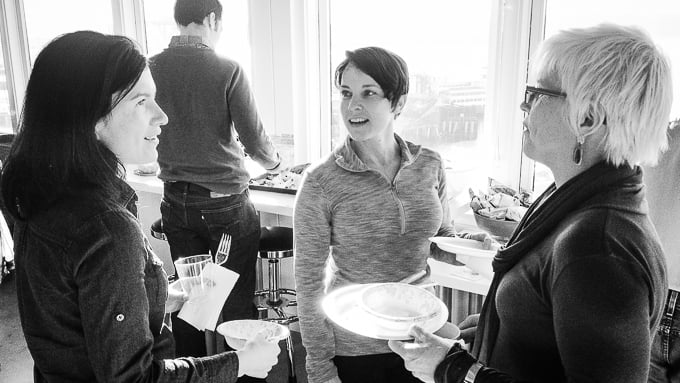
My vision for Blink is to make a difference in the world through our work and our people.
Every time we hire a new person I see it as an opportunity to impact the world in a positive way. Because we all work hard to nurture a constructive and positive culture, our people are happy. When a person goes home after a fulfilling day of adding value, being respected and cared for, it’s contagious. They can’t help but spread that love to their families and friends.
When I leave at the end of the day I frequently feel good, I feel like I am set up for entry into my evening with my wife and children. I know that good days at work are the best set up for good nights at home. — Jeff Alpen, Client Relations, Partner
With this idea, we could even use a 10X rule: If Blink has 60 happy employees, we are positively affecting the lives of 600 people! It goes to show just how quickly one person can make a difference and how impactful it is to be in a caring environment.
Author Raj Sisodia said the way we (companies) measure success is by the way we touch the lives of people, and what happens at work carries on all day. In my mind, the only way to touch a person’s life is to really know him or her. This means that the most important skills a leader can have are empathy and communication, and the way a person leads affects how people live.
At Blink we have a matrix of empathy and communication. Rather than a one-to-many leadership model we have many leaders, in all shapes and sizes, leading in different ways, for different things at different times. Many people lead in their specialized areas of practice or domain such as Usability Eye Tracking, Digital Healthcare, Children and Technology, and Fantasy Gaming. These leaders spend time sharing their expertise with colleagues, clients, and the greater community. Others include the woman leading our social responsibility program, and the president of our company bike club.
So if everyone has an opportunity to lead in some way, it follows that everyone must posses the skills of empathy and communication to connect with their followers. This quickly takes us from skills to culture.
We use one word to describe our culture at Blink: Authentic. And how that shows up is through our daily interactions with people. Real, live conversations — about life. In our mentoring program (we call it “guiding”) we talk as much about what people do on the weekends as we do about their professional goals. With our clients we start our meetings hearing about summer vacation plans and then get into the project work.
When I come in to work and my colleagues ask me questions about my hobbies, my husband, or my new house, I feel like a valued member of a community. It’s a warm and welcoming environment. I know they care about me — as a person and as a member of the team. Because we communicate freely and easily, projects run more smoothly and we all know that the bases are covered because we are looking out for and after one another. — Amy Dickson, Marketing
The key about authenticity is to think of everyone as people first who have full lives that include family, work, activities, and passions and all of those things combined are part of the perspective people bring to a project team. I remember at the kick-off for one of our projects, we decided to go around the room and have everyone introduce themselves, and we asked that everyone come up with something interesting about themselves that was unique. Our main client told the most hilarious story about how she and her husband decided to have their wedding guests vote on what their new last name should be using parts of their existing names. After that two-minute story, we knew her better than from any of the conversations we’d had with her leading up to that point! — Geoff Harrison, UX Strategy, Partner
When we have these deep connections with the people around us, life suddenly gets rich — full of the good stuff that makes it worth living and work a fun and rewarding place to be. Birthdays, client deliverables, weddings, final reports, love, fear…they all matter, and they are all ingredients for making the world a better place.
When not serving as CEO of Blink UX, you can find Karen organizing events to inspire young girls or training to become a professional kiteboarder.
